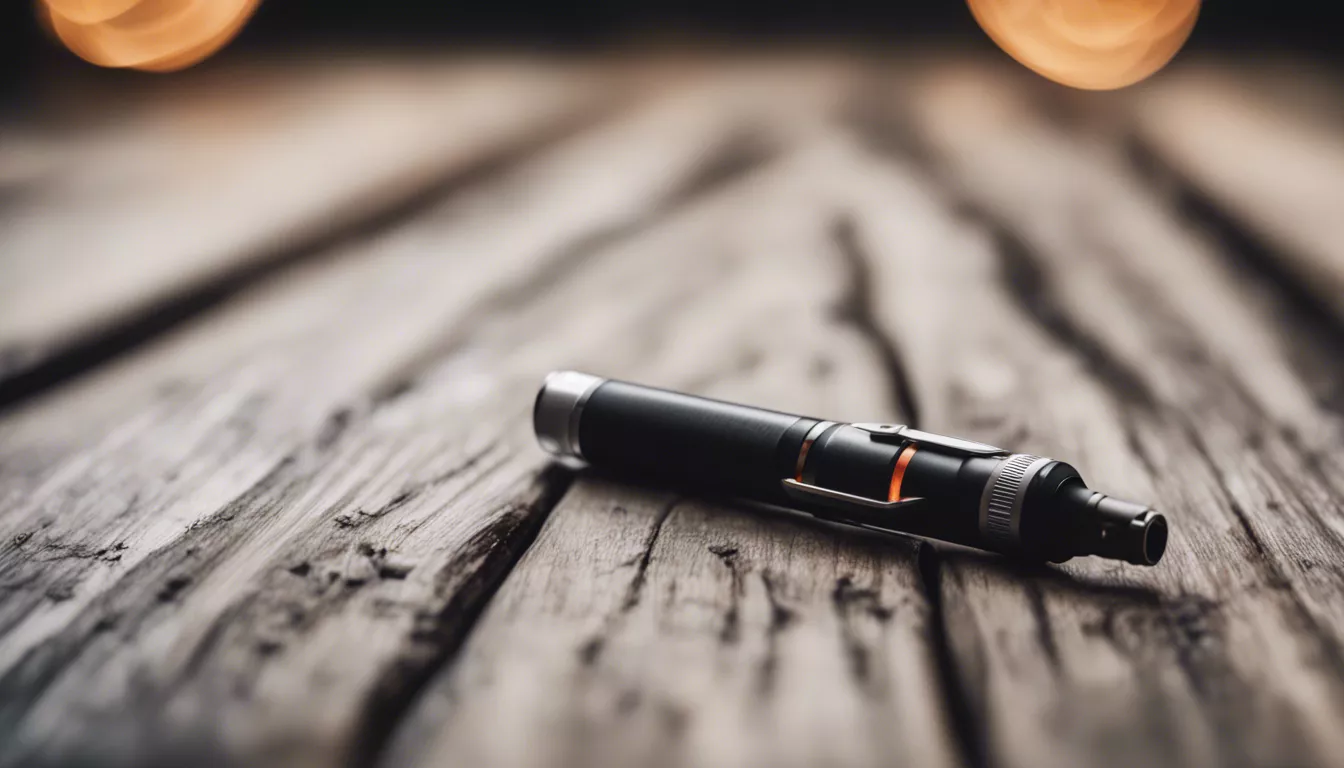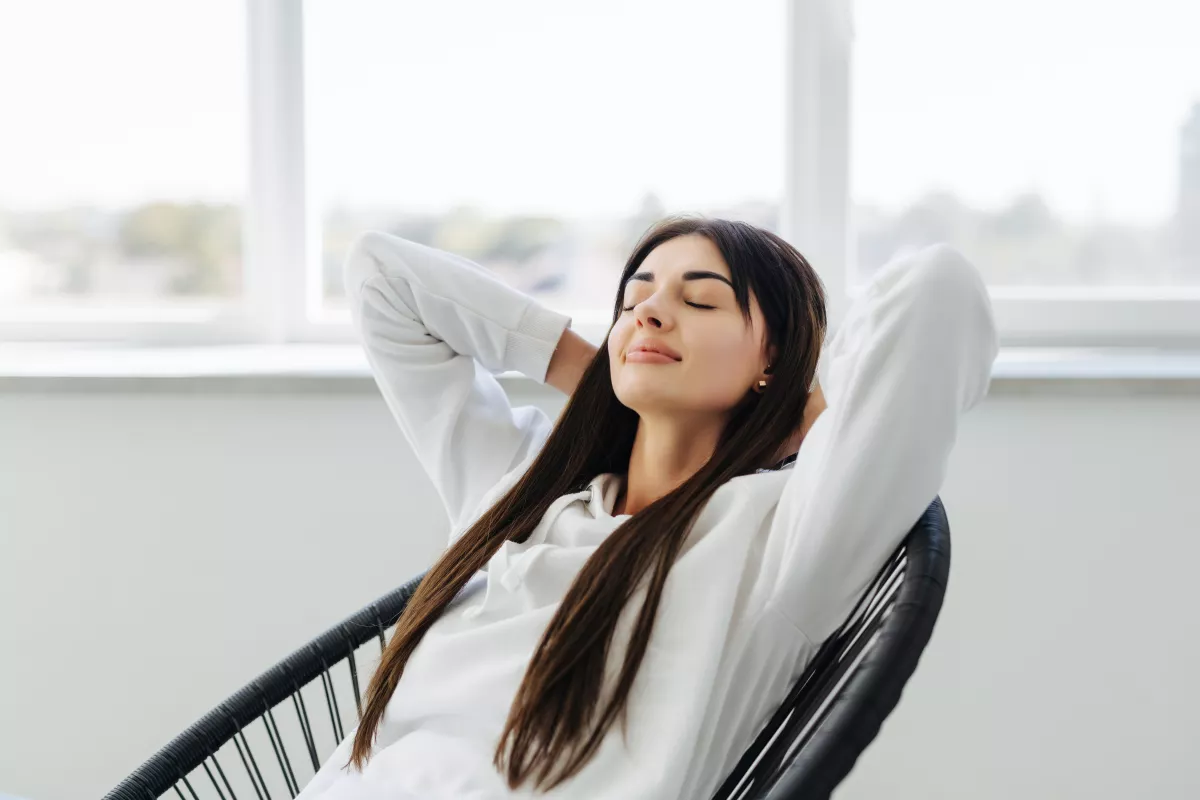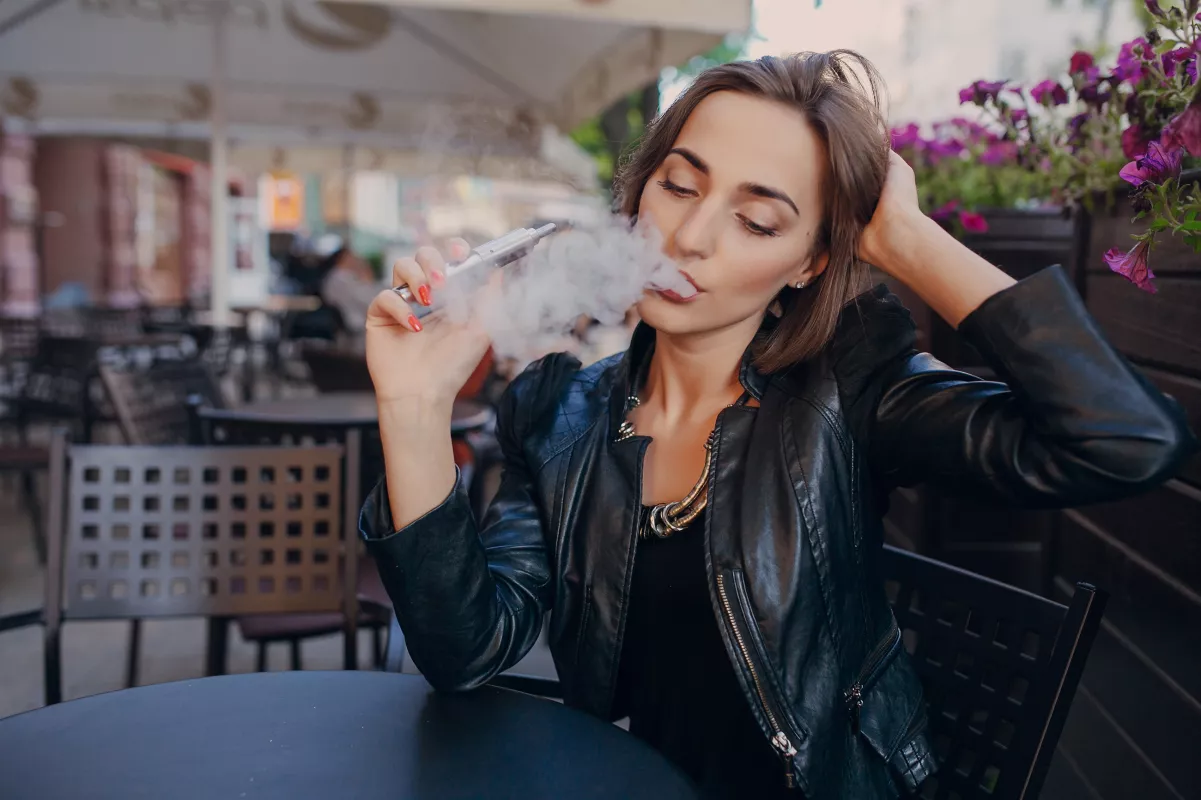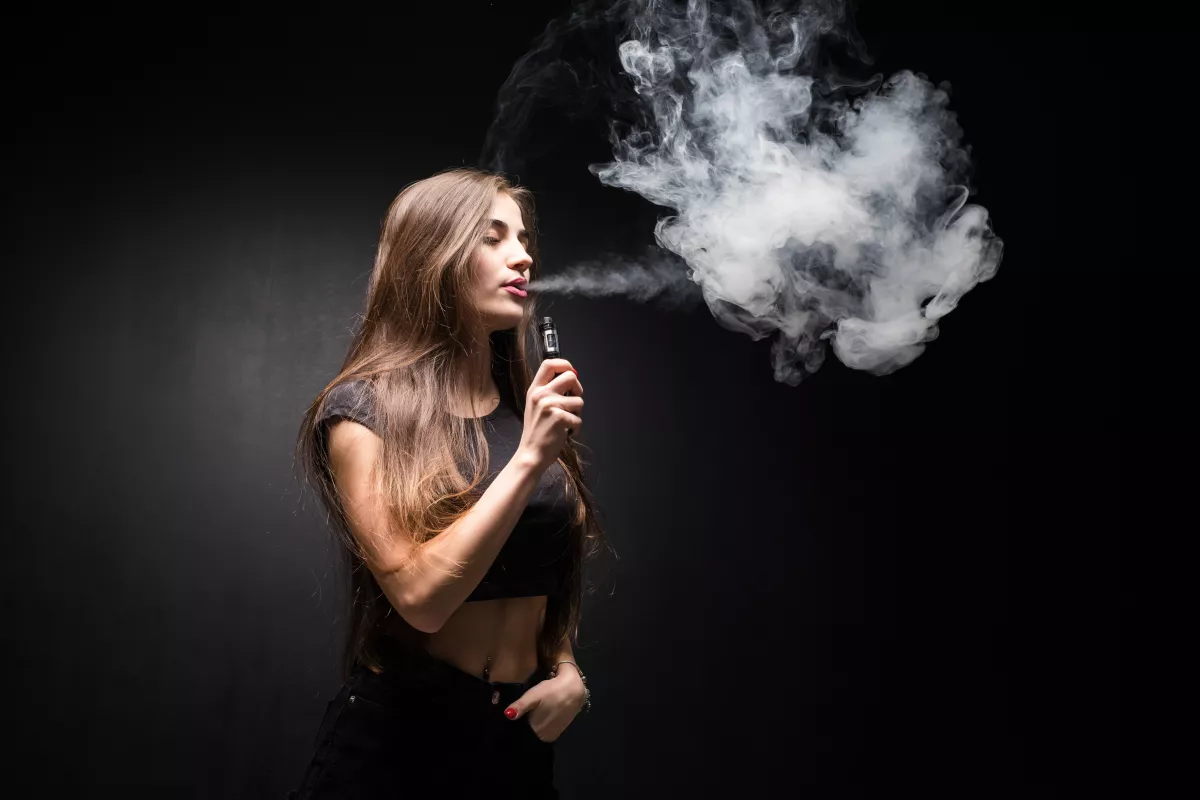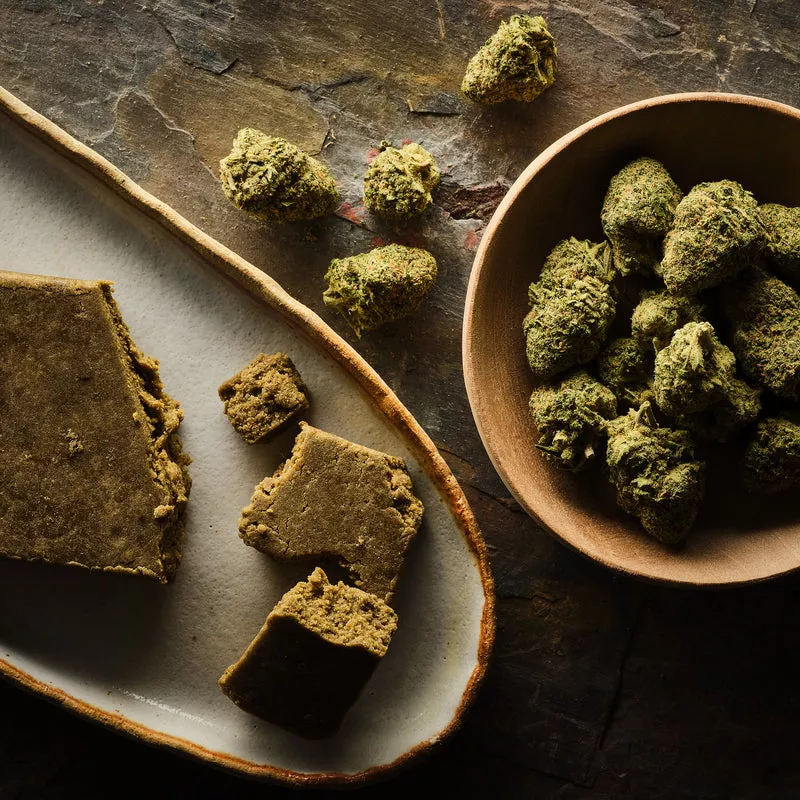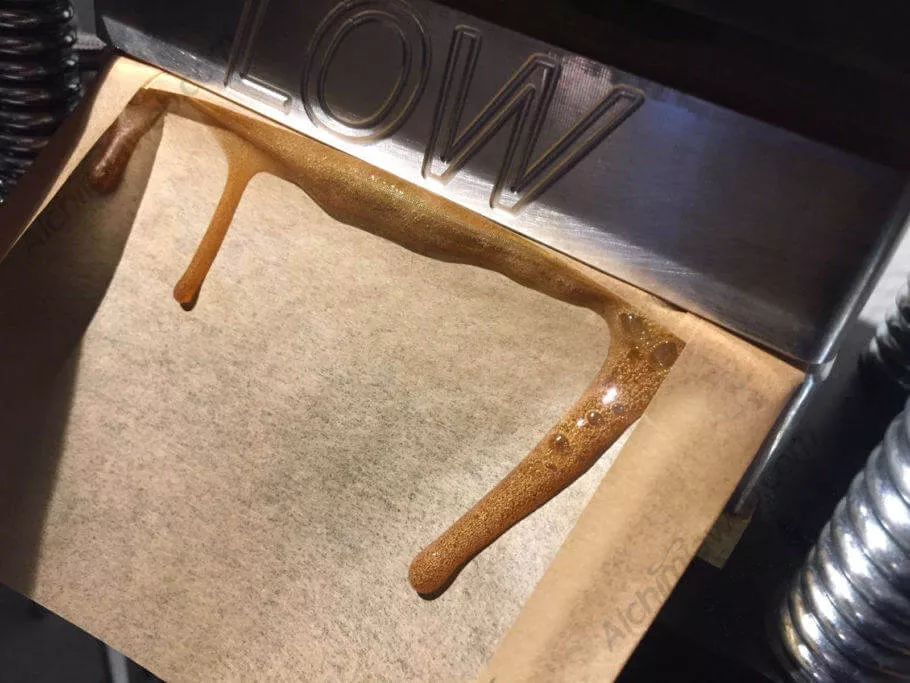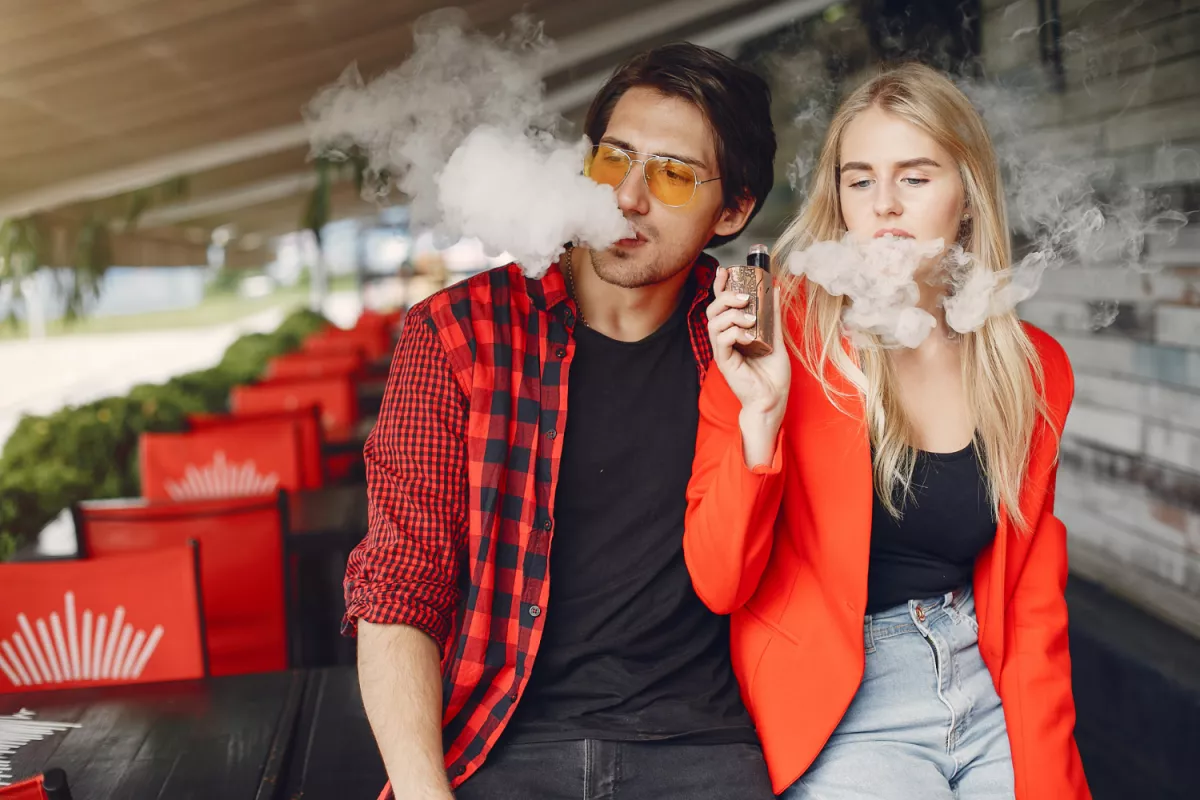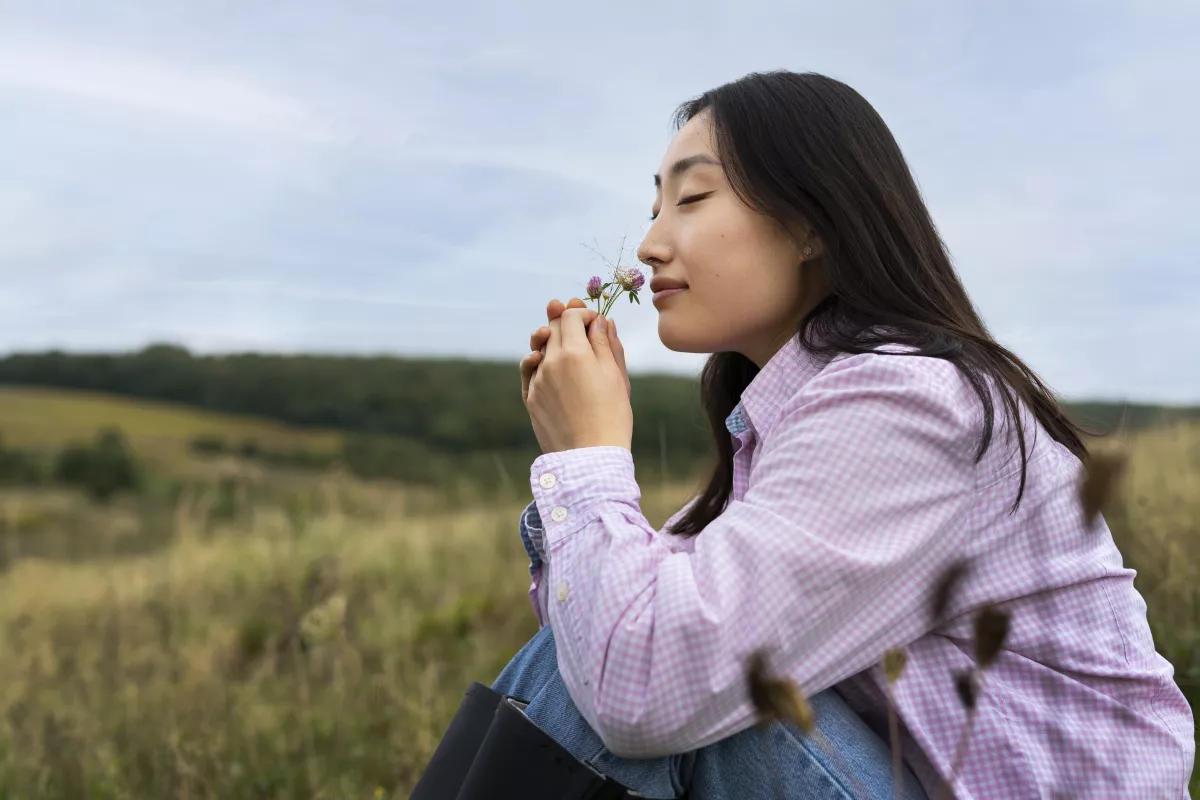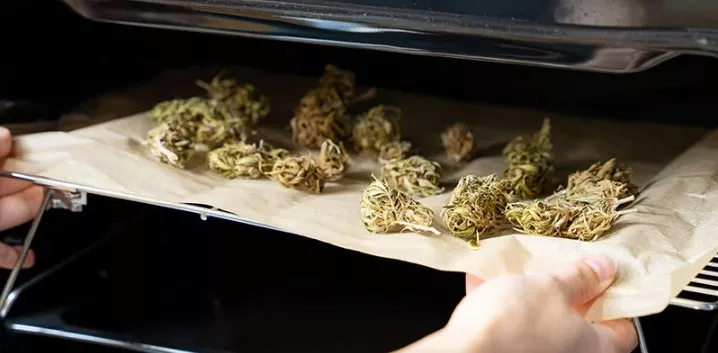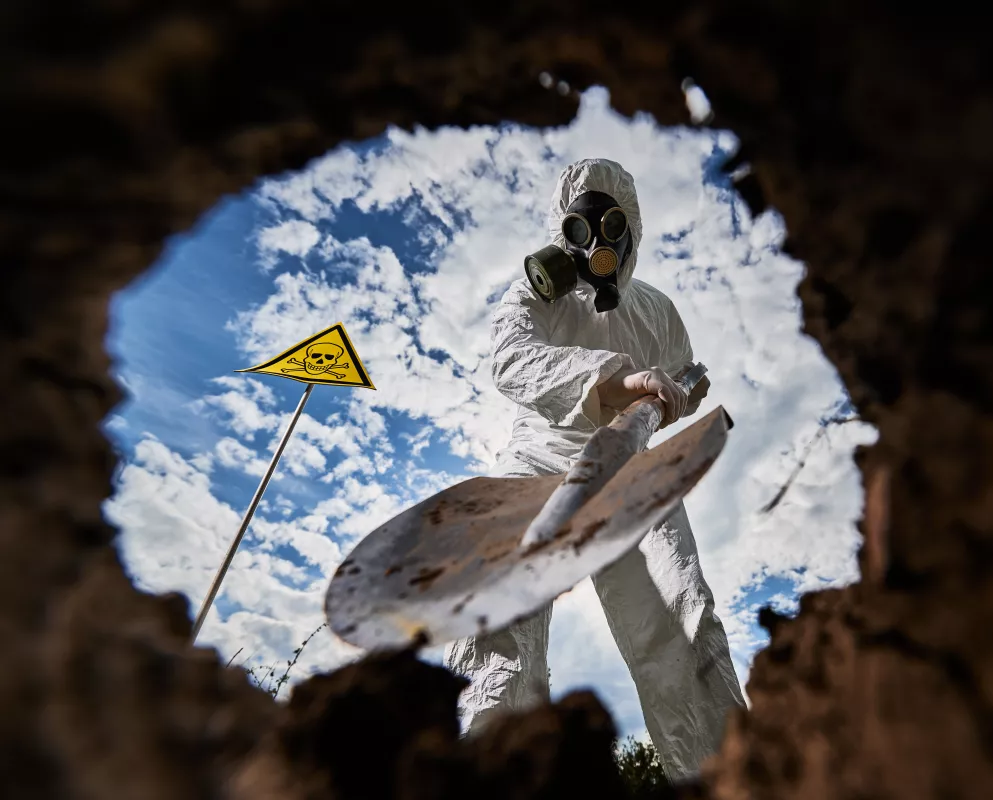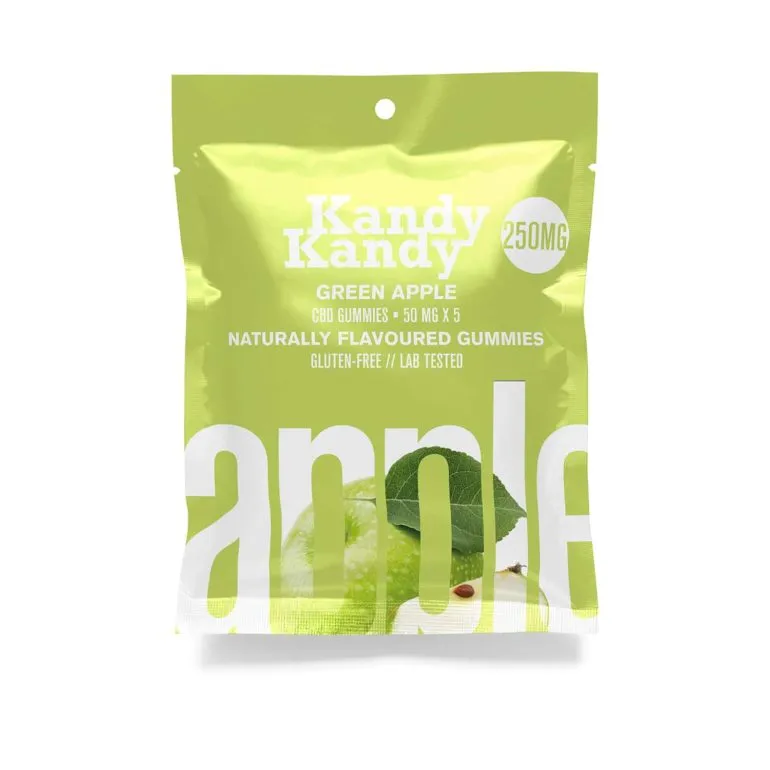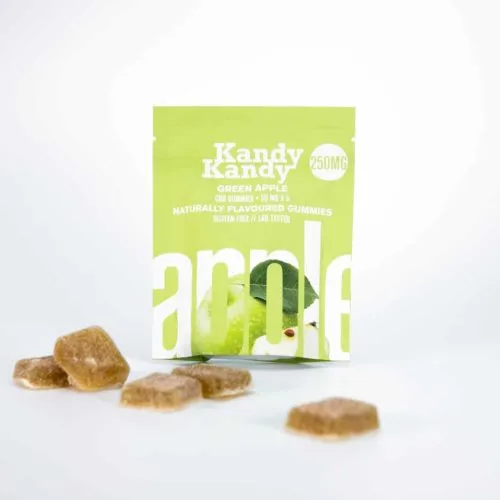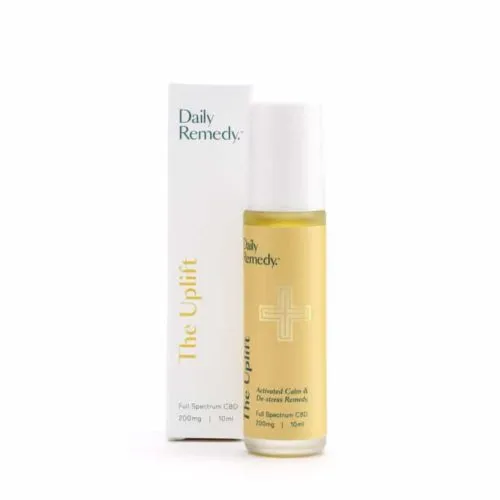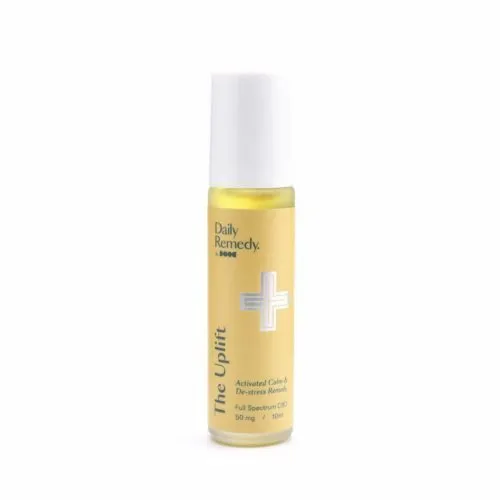- Shop All
- Type
- (144) THC>
- (75) CBD>
- Need
- Sleep>
- (21) Pain>
- (10) Anxiety>
- (6) Pets>
- (88) Edibles
- (14) CBD Edibles>
- (60) THC Edibles>
- (3) Ratio Edibles>
- (33) Hybrid Edibles>
- (87) Vegan>
- (5) Beverages>
- Strain
- (29) Indica>
- (24) Sativa>
- (47) Hybrid>
- (14) Tinctures
- (5) Anxiety Tinctures>
- (9) CBD Tincture>
- (1) Pain Tincture>
- (4) Ratio Tincture>
- (4) Sleep Tincture>
- (4) THC Tincture>
- (4) Capsules
- (1) CBD Capsules>
- (0) THC Capsules>
- (3) Ratio Capsules>
- Foggers
What CBD Method is Better for Anxiety?
Olivia St JamesDecember 20, 2021LatestContents
We are drawn to nature, whether we realize it or not. Our bodies and senses love the fresh scent of flowers and herbs. We enjoy watching the sunsets in the afternoon, and we like to spend the weekends at the beach or take a stroll in the park.
Our forefathers had a deeper understanding of the medicinal properties of the plants and flowers surrounding them, and they employed them in rituals and offerings to cure. We lost some of this old wisdom at some point. Over time, fortunately, discoveries and approaches to alternative healing methods, with plants and flowers, are available to the general public.
Today, we can witness many alternative therapeutic techniques. And CBD oil has become one of the best and most natural approaches many individuals find for anxiety and depression here in Canada. But what CBD method is better for anxiety and depression?, on this post we will share information as a guide to pick the best CBD oil, to ease your symptoms and provide you better days.
CBD and Anxiety
We live in a time that we hear the buzzwords anxiety, panic attacks, and depression virtually every day. Unfortunately, misinformation has resulted in certain misunderstandings about these disorders. Anxiety and depression, for example, were formerly notions that few people understood, and some even believed they were made up.
CBD for anxiety and depression can help restore and balance people's well-being as a more natural approach. Also, acknowledging the difference between anxiety and depression allows you to move on to a better version of yourself. It can help you take the steps necessary to get diagnosed and get proper treatment.
Both anxiety and depression are conditions that are treatable, and a diagnosis can be made to determine if you have an anxiety disorder or depression. There are different types, and the spectrum of symptoms varies.
As opposed to typical emotions of apprehension or anxiety, common to our bodies' natural response, to keep us safe, anxiety disorders are marked by excessive fear or worry and other extreme feelings that can even impair a person to think clearly. Here we have listed a few common anxiety disorders so that you can have an idea of the variety and symptoms related to each one:
- Panic disorder. Panic attacks are frightening, heart-pounding episodes of panic, breathlessness, and dread.
- Social anxiety disorder. This is when you feel anxious in social circumstances or when called upon to perform in front of others, for example, giving a public speech.
- Generalized anxiety disorder. For at least six months, a pattern of excessive anxiety about a range of topics on most days, typically accompanied by bodily symptoms such as muscular tension, a racing heart, or dizziness.
If you wish to learn more about anxiety, please visit anxiety Canada, where you can find wonderful articles regarding this topic.
Why is Depression Linked with Anxiety ?
Depression is considered a clinical depression when a person's symptoms have progressed to the chronic stage and require medical attention.
When events such as losing a job, debt, or the loss of a loved one occur, it is understandable to feel depressed for some time, this is known as “situational depression”; however, when symptoms such as feeling empty, inability to make decisions, or excessive tiredness, among other symptoms, drain the person from day-to-day activities, a diagnosis is recommended.
There are several clinical depression types: major depressive, psychotic depressive, this second is a more severe condition. There are also more common types of depression: Postpartum depression, Seasonal Affective Disorder (SAD), and Dysthymia.
According to Calm Clinic, there are similarities between anxiety and depression, both have the characteristic of thinking negatively, and both are related to the same neurotransmitter Serotonin. In some instances, one can provoke the other.
If you think you might have an anxiety condition or depression, we recommend seeing a physician for a complete diagnosis. Furthermore family support is vital; talk to your family and friends about your condition. The more educated and informed about your anxiety or depression, the better your support system you will have.
CBD for Anxiety and Depression
Even though anxiety and depression are treatable conditions, there is evidence that some of the medications given in treatments to provide relief also have undesirable side effects.
People who have gone through long treatment periods and continual side effects of medications look for alternative approaches for treating their conditions. Many have found CBD oil for anxiety as safe alternative.
CBD, short for cannabidiol, is a chemical compound found in abundance in the cannabis plant hemp. And unlike the significant active ingredient in marijuana, delta-9-tetrahydrocannabinol (THC), CBD is not psychoactive, meaning it won't get you high.
Though more clinical studies are needed, anecdotal evidence suggest CBD can help treat anxiety, pain, and other conditions.
According to research CBD for anxiety works by “CBD influencing beyond functions mediated by cannabinoid receptors, creating new mechanisms for anxiety control.” CBD is thought to be able to help with anxiety because of the way it interacts with neuroreceptors involved in serotonin modulation. This interaction appears to affect serotonin levels, which might be low in those who suffer from anxiety or depression. Also individuals with PTSD who took CBD demonstrated favorable results linked to reduced sleeplessness and fear modulation in one research.
Forms of CBD Oil Available to Treat Anxiety
Oral and sublingual CBD oil forms are the two most popular CBD methods for anxiety-related symptoms. Owing to the exact dosage that a capsule can provide, or is fast effects of a tincture when taken sublingually, this two type of CBD products are a top choice among CBD products for anxiety relief.
Furthermore CBD oil for anxiety and depression is available in many forms ; nevertheless, it is prudent to exercise caution and keep in mind the preceding recommendations to receive the most value for your money and, most importantly, your health.
- Type of CBD
There are three CBD types categorized as Isolate, Broad, and Full Spectrum.
Full-spectrum CBD oil contains all the hemp plant compounds, terpenes, flavonoids, THC, and all other cannabinoids.
When choosing CBD oils products, it is essential to acknowledge that some individuals diagnosed with an anxiety disorder are sensitive to THC, which only increases their symptoms.
Broad-spectrum, similar to full-spectrum, contains all terpenes and flavonoids, and cannabinoids but excludes THC. This CBD oil is an option for people sensitive to THC but would like to benefit from the other cannabinoids and terpenes and flavonoids found in the plant.
CBD Isolate is a form of oil that includes only CBD, making CBD oil dosage for anxiety easier for many people, and specially for individuals avoiding THC products.
- Potency
The concentration of cannabidiol in CBD oil determines its potency. It's commonly expressed in milligrams (mg). It's crucial to look for a place on the packaging that says how much CBD it contains in milligrams, so you can figure out how much CBD you're receiving per serving.
- Ingredients
Checking the components is another critical factor to consider when purchasing CBD oil. Check the ingredients in the formula to make sure they're all safe. Never buy a product that doesn't have all the ingredients listed.
Also, it is essential to look out for ingredients you are allergic to, or that might not go with your diet; vegetarian, vegan, gluten-free, organic or other important health-related information. For example, caffeine is avoided by certain people who suffer from anxiety. Caffeine users have a higher tendency to be anxious. It´s then recommended to prevent CBD oil products that include caffeine.
Remember that, even if people have the same anxiety disorder or clinical depression, each person is unique, and their body may require a different dosage than yours.
And if you are wondering what CBD method is better for Anxiety, please check our following list of best CBD oil for anxiety and depression.
Best CBD For Anxiety and Depression
1 Birch + Fog | Full Spectrum CBD Tincture For Day Time
Birch + Fog offers a line of Full Spectrum CBD Tinctures, and this daytime tincture is CO2 extracted and blend MCT carrier oil. As a full spectrum oil includes all cannabinoids and terpenes from the hemp plant.
A full-spectrum CBD oil tincture can provide the "entourage effect," which occurs when all of the plant's cannabinoids, terpenes, and flavonoids are present and functioning together to offer potential benefits.
Pros
- Full-spectrum CBD oil tincture
- Derived from the hemp plant
- MCT oil
- Available in range of 500 mg, 1000 mg, 1500 mg
- Bottle presentation size of 30 ml
- Available for monthly Birch and Fog subscription
Cons
- Not suitable for people sensitive to THC
Highlights
- Birch and Fog subscription program offer you CBD oil products with better prices and discounts.
- A bottle size presentation of 30 ml, with three available CBD strengths of 500 mg, 1000 mg, 1500 mg, makes it easy and versatile when requiring specific or change of dosage.
- A full-spectrum CBD oil tincture, with the benefits of the synergy of all the cannabinoids, terpenes, and flavonoids that the hemp plant can offer.
2 Kandy Kandy | Green Apple Full Spectrum CBD Gummies
These CBD gummies are a great option when you are craving a sweet while keeping your anxiety at ease. Made from gelatin, organic sugar, natural flavor, and colorings from turmeric and hibiscus, Kandy Kandy green apple gummies, are delicious full spectrum CBD gummies.
Pros
- Full-spectrum CBD oil
- Organic sugar
- Natural flavor
- Natural coloring from turmeric and hibiscus.
- 50 mg CBD per gummy
Cons
- Not suitable for vegans
- Not suitable for people susceptible to THC
Highlights
- An excellent package of 5 gummies and precise dosage of 50mg CBD per gummy is easy to keep track of when you begin your CBD oil dosage for anxiety or any other health condition.
- When you're managing your sugar intake and prefer naturally derived goods, Kandy Kandy, full-spectrum green apple gummies created with organic sugar, natural taste, and coloring, are a terrific choice.
3 Daily Remedy | De - Stress CBD Roller
Rollers are easy and convenient to have around; Daily Remedy offers this 10 ml De-Stress CBD Roller with a powerful blend of orange and bergamot essential oil and full-spectrum CBD oil.
Orange and bergamot are essential oils that are highly recommended to awaken the senses. Citrus is believed to be linked with happy feelings and fresh thoughts.
Pros
- Full-spectrum CBD oil
- Essential oils: Orange, bergamot, and lavender
- Easy to carry and apply
Cons
- Not recommended to people sensitive to citrus
Highlights
- Due to the essential oils of bergamot and orange, which are widely recognized for the "good feeling" that they provide to people, a person suffering from anxiety can use a De-stress roller to help them "concentrate in the present."
- The full-spectrum CBD oil in De-stress roller can also ease pain or stress-related symptoms like headaches.
Recommended CBD Dosage for Anxiety
Keep in mind patience is essential when starting a new supplement. Your CBD dosage for anxiety is determined by your specific needs, the medicine you might be taking, and how your body reacts to CBD.
Because everyone's body reacts differently to CBD oil, it's best to start with a modest dose and slowly increase it until you reach the desired results. If you're new to CBD oil, keep track of how your body reacts for a few days before you consider changing your dosage.
While CBD for anxiety, as a more natural approach, can bring relief and enhance people's wellness, we urge that you first check with your doctor to establish whether CBD is the right option for you, especially if you are under prescription.
Final Thoughts
You don't have to stick to one type of CBD method, whether it's a tincture, beverage, edibles, or topicals; you may select from several CBD oil anxiety products to assist you in managing symptoms.
CBD for anxiety and depression goods and varieties abound nowadays. Still, it's always a good idea to be cautious and check the list of components, the type of CBD oil used, the dose, and even the price and process of extraction before making a purchase.
Thanks to anecdotal evidence and research, CBD is becoming more popular every day, which some people might think is just a trend, but that is far from true. The reality is that CBD is a natural compound found in hemp and goes through a minimal process to be extracted, and many natural components are preserved. Its approach to many health issues is a therapeutic and natural choice. It sure cannot be considered a fix-all for anxiety and depression but is a way to begin reestablishing a healthier relationship with mother nature and yourself.
0/5 (0 Reviews)Latestfrom B+FBe the first to know about exciting new products, special events, seasonal offers, and much moreOur Collective
Wellness to your doorstepCopyright © 2024 All Rights Reserved | BIRCH + FOG[gtranslate]Save your cart?
x

